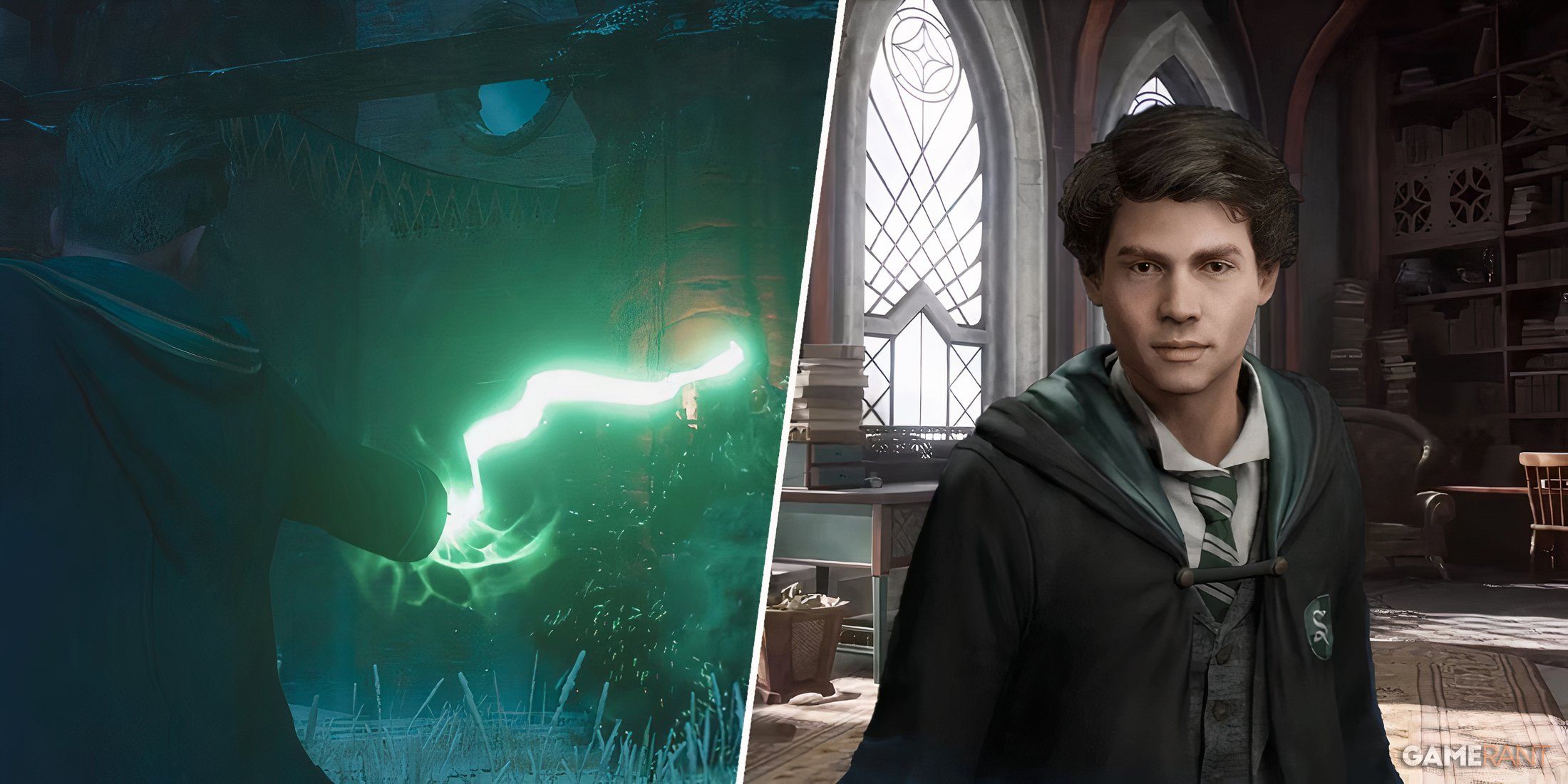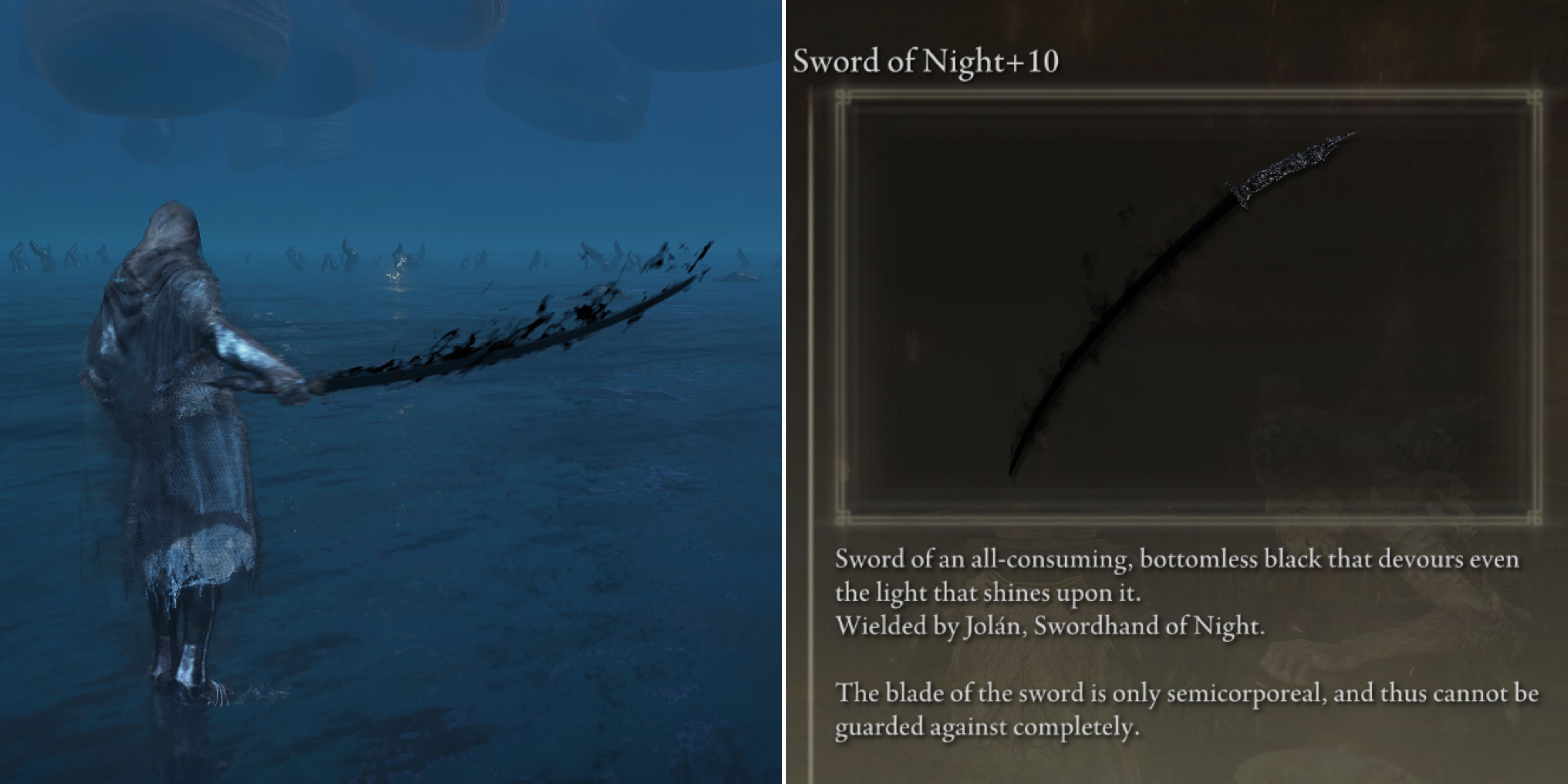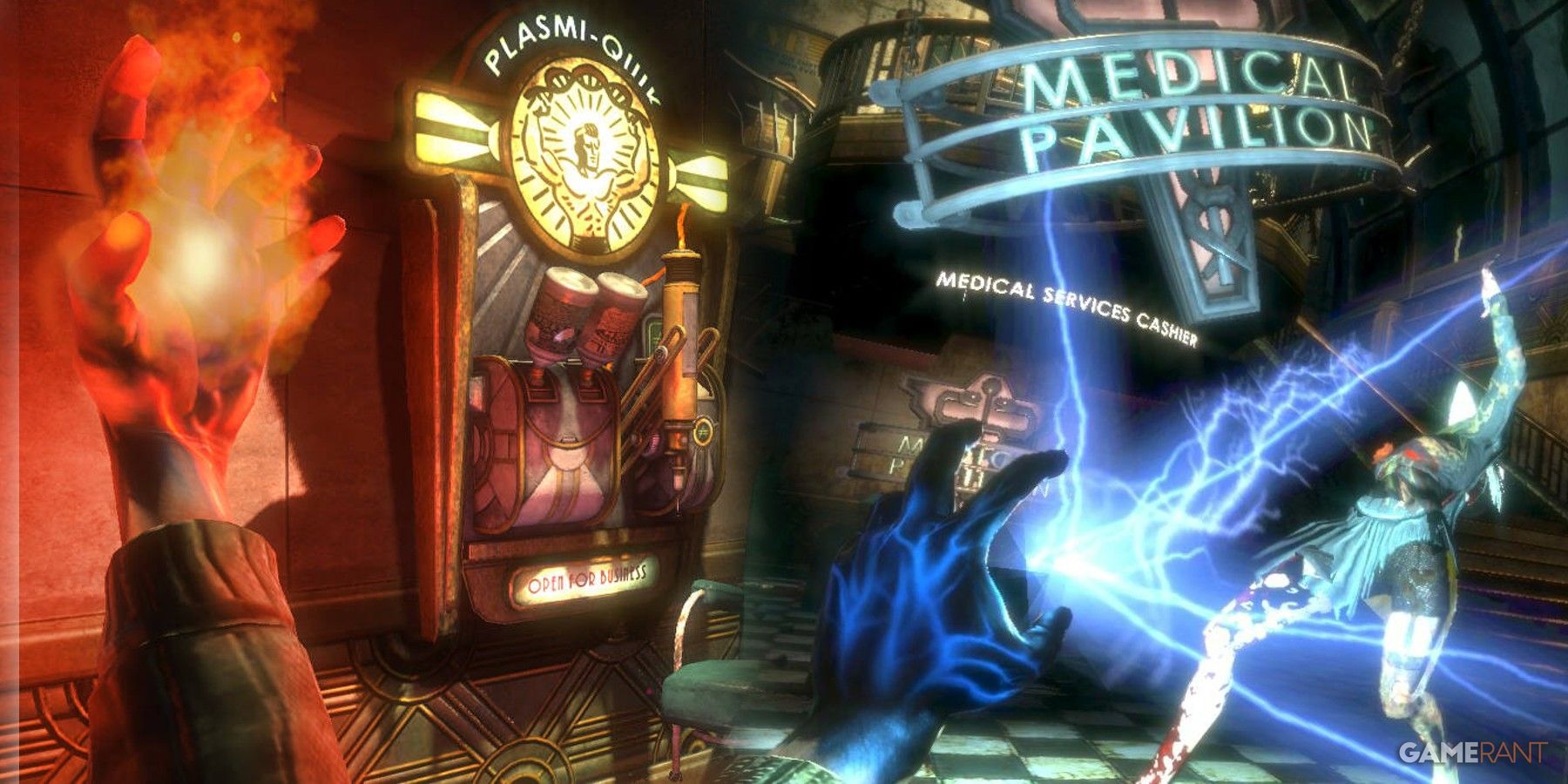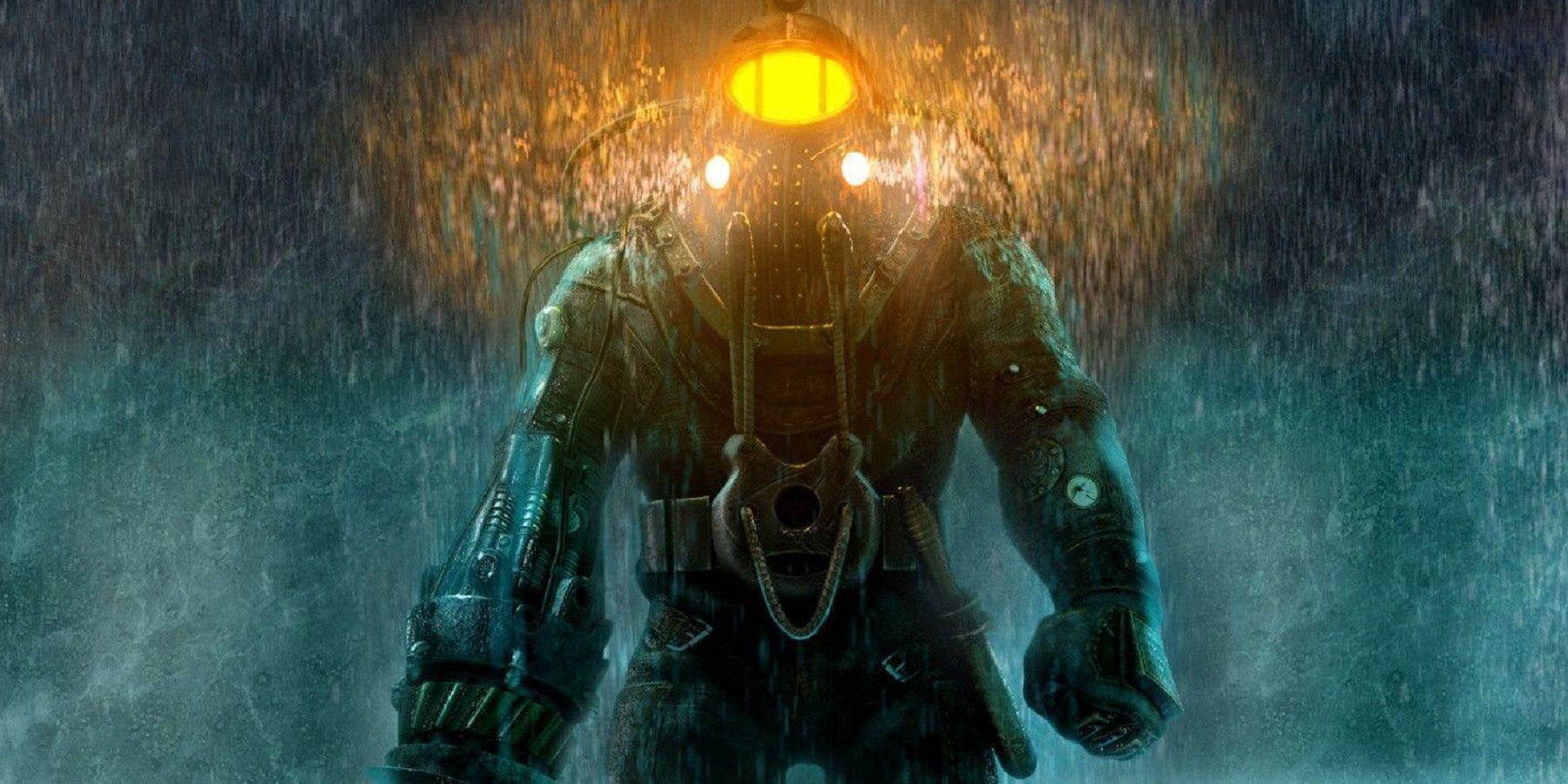There has been a rich tradition of amazing science fiction games across the decades, with standout titles like the BioShock series proving that video games can be art as much as entertainment. Not only was the first BioShock an enthralling experience with a haunting story and an unforgettable setting, but it also opened the door for a new phase in how science fiction subgenres were explored through video games. One, in particular, that remains a fairly unique genre is biopunk.
Gamers may not be as familiar with biopunk as they will be with other science fiction subgenres like cyberpunk which has been brought into the spotlight with major releases like Cyberpunk 2077. Instead of focusing on information technology or mechanical cyberware, biopunk deals with the implications of biotechnology. While there might be some elements of this in games like Cyberpunk 2077, they don't focus as much on biopunk as the BioShock titles do. BioShock's preoccupation with synthetic biology shows that there's definitely scope for similar games and a greater exploration of biopunk in general outside the beloved series.
Biopunk And Its Place In Video Games
Biopunk as a concept is a rich source of narrative and gameplay options. For games that focus on upgrading the protagonist and improving their abilities or granting them powers, biopunk is the perfect way to enhance their biology while also potentially introducing ethical or mechanical issues at the same time. Some titles have already explored similar concepts, either extensively or in passing, like Parasite Eve, Prey, or the popular Resident Evil franchise. However, most of these titles feature elements of biopunk in a negative light, with mutations and other forced biological changes leading to the creation of monsters and powerful antagonists.
A more recent example is Ebb Software's Scorn. The first-person survival horror adventure game is heavily inspired by the work of artists H. R. Giger and Zdzisław Beksiński, the former of which is probably most well-known for the visual design of Ridley Scott's Alien and his unique biomechanical style. As well as featuring a look similar to both of these visual artists, Scorn deals with the combination of organics with solid materials and the re-using of living matter. Scorn might not be for everyone and received a fairly mixed reaction from gamers upon its release last month, but it shows some different ways biopunk can be featured and how video games can keep pushing this further.
The Legacy Of BioShock
BioShock wasn't the first game to introduce biopunk, and there have been several titles since its release that have also explored similar ideas. However, it's certainly the game that comes to mind when thinking about biotechnology. BioShock grapples with a couple of interesting philosophies and ideas, like Objectivism, free will, and corruption through power, and alongside these themes is the underlying issues of ADAM and the effect it has on the population. From the psychokinetic powers ADAM granted to the conditioning and mutating of people to turn them into Big Daddies, BioShock shows the pitfalls and benefits of biotechnology.
BioShock showed how biopunk could be a fascinating, challenging, and entertaining basis for a game, and it hasn't really been used to the same extent since. It's a concept that lends itself so perfectly to the world of video games, providing something that can be visually interesting as well as useful. There has been a noticeable move over the last few years toward creating games that have something to say as well as giving players something to do, and biopunk is a great way to explore thornier issues as well. BioShock provided the foundation, but it's time for more games to embrace biopunk and everything it has to offer.
Bioshock is available on PC, PS3, PS4, Switch, Xbox 360, and Xbox One.





.jpg)
